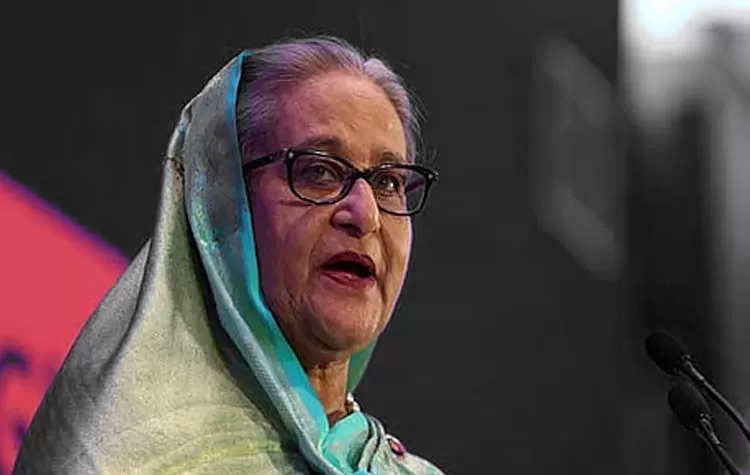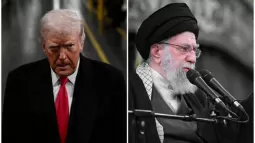
Early Political Involvement
Sheikh Hasina was born on September 28, 1947, in Tungipara, then part of East Pakistan. Her father was Sheikh Mujibur Rahman, who led the independence movement of the nation and later became the Father of the Nation. Hasina did her master's in Bengali literature at Dhaka University. She actively participated in student politics during her student life. In 1968, she married a nuclear scientist, M.A. Wazed Mia. He led a simple academic life and kept himself away from political activity. The couple had a son, Sajib Wazed Joy, and a daughter, Saima Wazed Putul. Mia died in 2009.
Family Tragedy and Exile
An August 1975 military coup completely changed Hasina’s life. Her father, mother, three brothers, and a number of relatives were killed. Only Hasina and her sister Rehana survived because they were abroad. India’s Prime Minister Indira Gandhi granted them asylum. Hasina came back to Bangladesh in May 1981. Before that, the Awami League selected her as its general secretary.
Rise as a Central Political Leader
But on her return, Hasina immediately had to confront another political rival: Khaleda Zia, the wife of former President Ziaur Rahman. Both were dominant figures in Bangladeshi politics until recently and have sometimes been referred to as the “Battling Begums.” Hasina was first elected Prime Minister in 1996. She stepped down in 2001 after one term but then swept back into office in 2008. The Awami League also won the 2014 and 2018 elections under her leadership. This made her one of the world’s longest-serving female leaders.
Development Achievements and Growing Criticism
Under Hasina's rule, the economy of Bangladesh grew fast. Major infrastructure projects like the Padma Bridge were realized. Poverty in the country lessened and it grew as a major textile producer globally. Critics have accused her administration of suppressing dissent, limiting media freedom, jailing opposition figures, and increasing the role of security forces.
Student Protests and the End of Her Rule
In 2024, students started protesting against the quota reservations for the relatives of the freedom fighters in government jobs. The protests grew into a national movement. The government's security measures increased violence and led to the uprising that happened in July. As reported by the UN Human Rights Office, there were up to 1,400 deaths. Because of the unrest, Hasina resigned and fled to India.
Serious Charges and Death Sentence
Muhammad Yunus' caretaker government revived the ICT. The tribunal had initially targeted war crimes. Later it charged Hasina with crimes against humanity linked to the 2024 riots. After months of investigation, it sentenced her to death. A Leader Facing an Uncertain Future Hasina now lives in India while fighting the political destiny of Bangladesh. She has also refused to accept the tribunal’s judgment, calling it false. She said the interim government acted with an ulterior motive of punishing her. She also claimed that she was not given a fair opportunity to defend herself.













